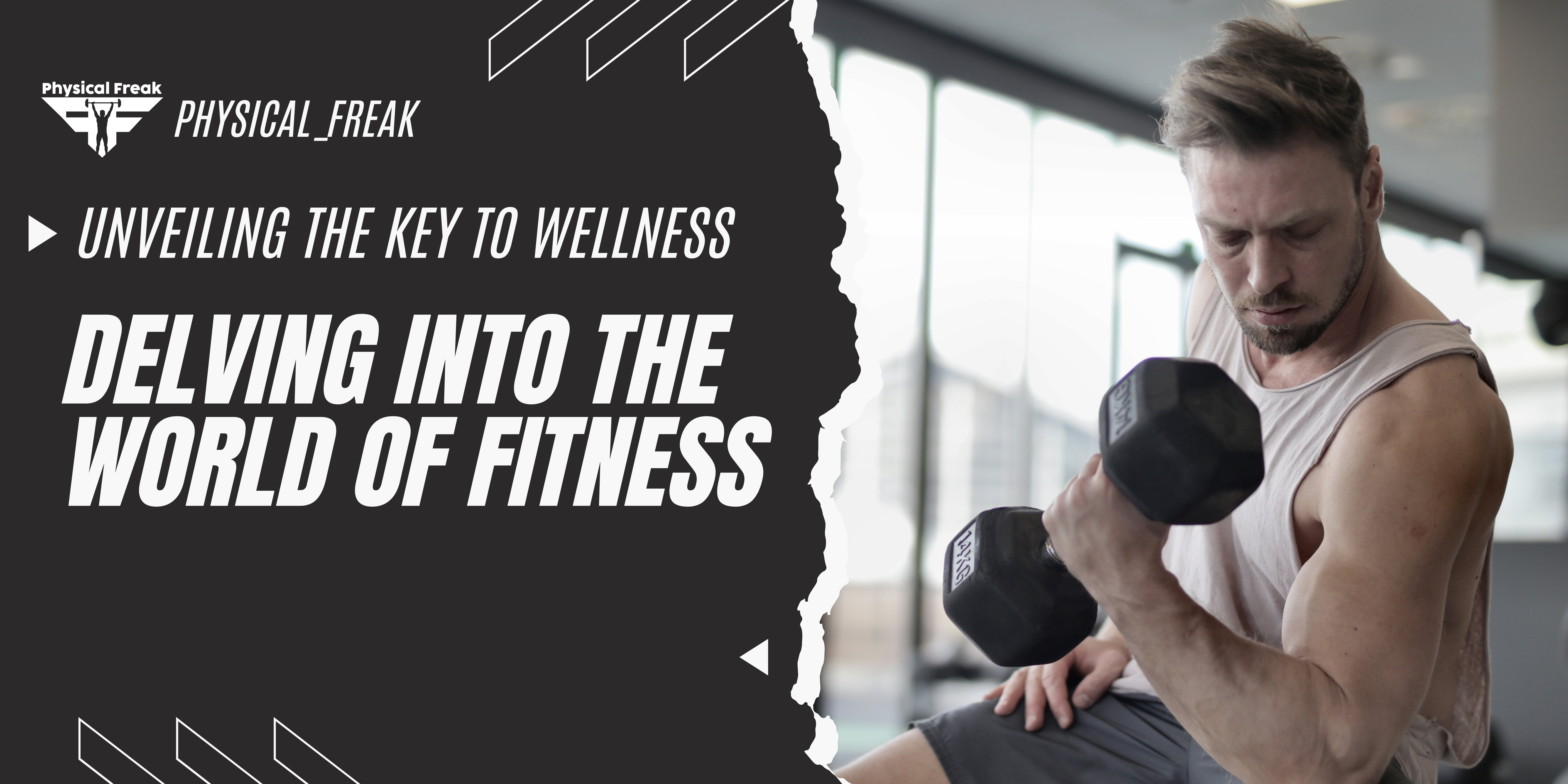Introduction
Having the right nutrition is crucial when aiming for ideal health and top physical condition. But how does nutrition specifically relate to your journey towards health and fitness? Let’s explore the scientific basis for this. The Significance of Nutrition in Health and Fitness. The fuel that powers your body is proper nutrition. Just like a car needs top-quality gasoline to run smoothly, essential nutrients are necessary for your body to operate at its best. The food you consume is the building block for every cell, tissue, and organ in your body. Without the required nutrients, your body will have difficulty performing effectively.

Essential Nutrients for Health and Fitness
Protein: Vital for muscle repair and growth, protein from sources like chicken, fish, and beans can help you enhance strength and endurance.
Carbohydrates: Serving as your body’s main source of energy, opt for complex carbs such as whole grains, fruits, and veggies to maintain energy levels throughout the day.
Healthy Fats: Contrary to popular belief, healthy fats found in avocados, nuts, and olive oil are crucial for brain function and hormone production.
Vitamins and Minerals: Key vitamins and minerals like vitamin C, iron, and calcium play a critical role in supporting your immune system, bone health, and overall well-being.
The Connection Between Nutrition and Fitness Performance
By supplying your body with the right nutrients, you can enhance your performance during workouts and training sessions. Proper nutrition can boost endurance, strength, and recovery time, enabling you to push yourself further and achieve better outcomes.
Nutrition Tips for Peak Performance
Stay hydrated by drinking enough water all day long.
Prepare your meals ahead of time to make sure you’re getting a balanced blend of nutrients.
Choose a range of vibrant fruits and vegetables to maximize your vitamin and mineral intake.
Think about working with a nutrition expert to create a customized meal plan that suits your fitness goals.
The Role of Supplements in Your Nutrition Strategy
While whole foods are preferable, supplements can complement your diet and help bridge any nutritional gaps. Consult your healthcare provider or a nutrition expert to determine whether specific supplements like protein powders, omega-3 fatty acids, or vitamin D could benefit you.
Types of Supplements and Their Benefits
Protein Powders: If you’re unable to meet your protein needs through food alone, protein powders (like whey, casein, or plant-based options) can be a convenient way to increase your intake. These supplements can support muscle repair, growth, and recovery, especially for those engaging in regular exercise.
Omega-3 Fatty Acids: Found in fish oil or algae-based supplements, omega-3 fatty acids are known for their heart health benefits, reducing inflammation, and supporting brain function. They can be particularly useful for individuals who don’t consume sufficient amounts of fatty fish in their diet.
Vitamin D: For those who have limited sun exposure or live in areas with long winters, vitamin D supplementation is essential for bone health and immune support. It’s also critical for calcium absorption, making it vital for maintaining strong bones.
Multivitamins: A well-rounded multivitamin can act as a safety net to ensure you’re getting a broad range of nutrients. However, it’s essential to choose one that aligns with your specific needs, such as gender-specific or age-specific formulations.
When Should You Consider Supplementation…
Supplements should only be considered when dietary intake is insufficient. Here are a few scenarios when supplementation may be necessary
Dietary Restrictions: Those following vegan, vegetarian, or gluten-free diets may lack certain vitamins and minerals, like vitamin B12, iron, or zinc.
Increased Nutrient Needs: Athletes, pregnant women, and older adults may require additional nutrients to support their activity levels, growth, or aging processes.
Health Conditions: Certain conditions may impair the body’s ability to absorb nutrients, necessitating supplementation. For example, people with lactose intolerance may need calcium or vitamin D supplements.




